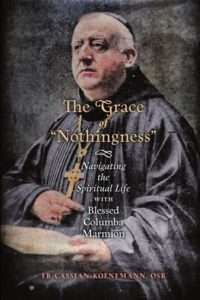Podcast: Play in new window | Download (Duration: 29:07 — 20.0MB) | Embed
Subscribe: Apple Podcasts | Spotify | Amazon Music | Android | Pandora | iHeartRadio | JioSaavn | Podchaser | Gaana | Podcast Index | Email | TuneIn | Deezer | Anghami | RSS | More
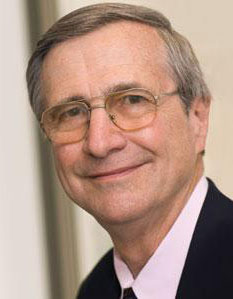
These are indeed good days for book lovers because we are so blessed to have yet another Christian spiritual classic broken open for us by Dr. Peter Kreeft! In “I Burned for Your Peace: Augustine’s Confessions Unpacked“, Dr. Kreeft gives us a guided tour through one of the finest works in all Western literature. In our conversation, we discuss how St. Augustine, in many ways, is the everyman and why is life is so important for us today. Written in a personal dialogue with God, the saint’s “Confessions” is more than an autobiography or a book of theology, it is, in the end, a living prayer. It is one man’s compelling witness that is, as Dr. Kreeft will say, astonishingly contemporary. St. Augustine looks at himself, so honestly, we can’t help but see ourselves in the reflection. “I Burned for Your Peace” is the must have book to accompany you on this spiritual journey, especially if your heart is a restless one. So plan your pilgrimage now! Get the Frank Sheed translation of the “Confessions” as mentioned by Dr. Kreeft in our conversation and grab this book today
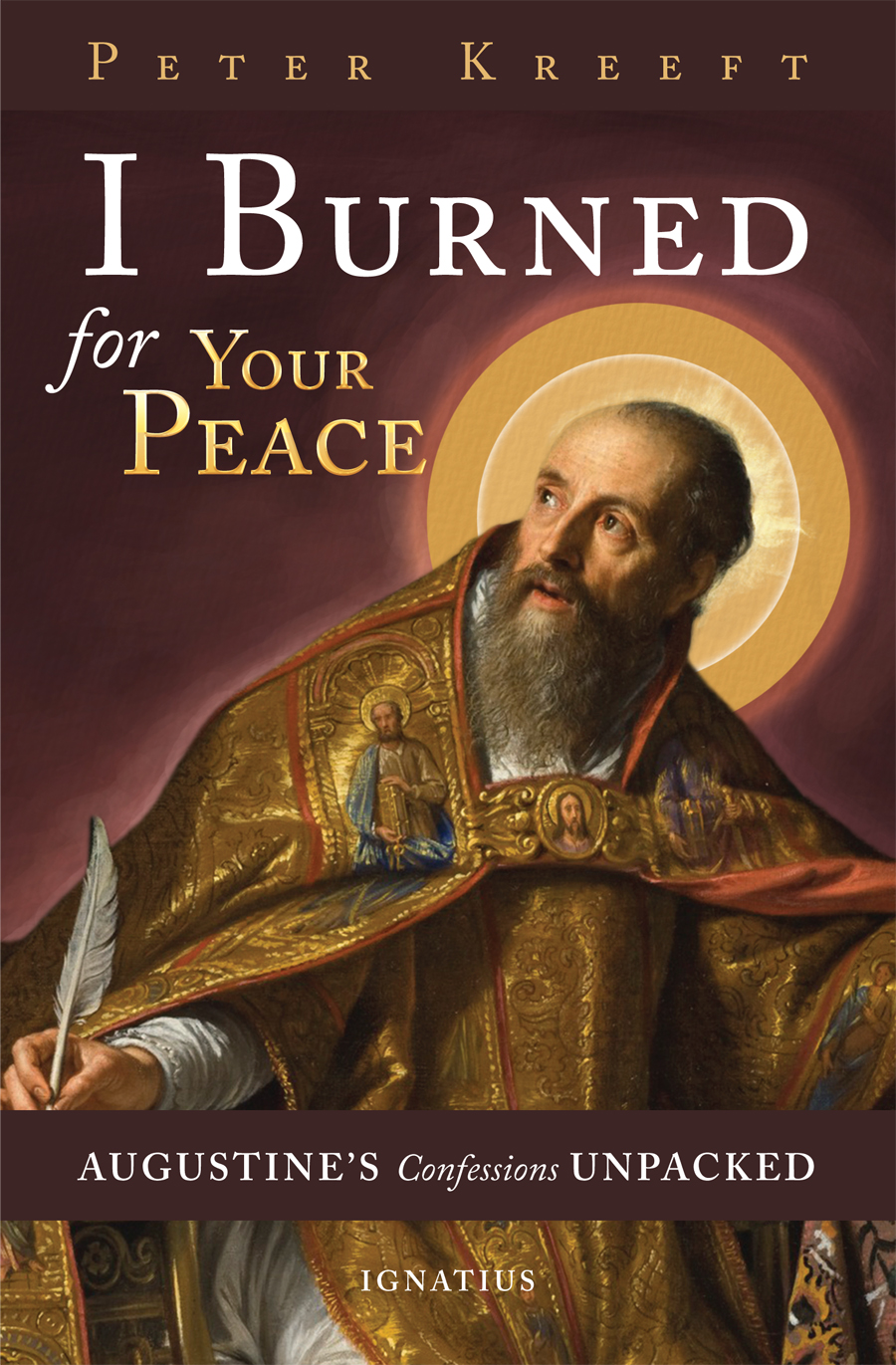 You can find the book here
You can find the book here
“Two teachers we all know and trust enter into a dialogue to bring forth a Confessions for our day.”
— Fr. David Meconi, S.J., Editor, The Confessions of St. Augustine
“Kreeft is always brilliant, and in this book he is even more astonishing than ever. If I were allowed only one book on the Confessions, this would be it.”
—Joseph Pearce, Author, Catholic Literary Giants
“Kreeft illustrates the truth of Augustine’s comment that God is more intimate to us than we are even to ourselves. Only when we realize that we are loved into being by the Triune God, will we experience the profound peace that sustains the pilgrimage to eternal life.”
Fr. Matthew Lamb, Professor of Theology, Ave Maria University

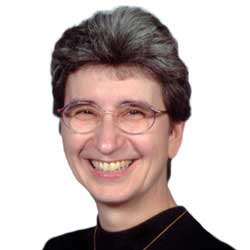


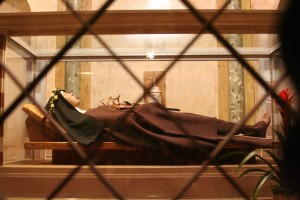
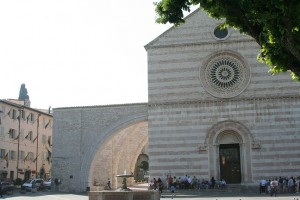
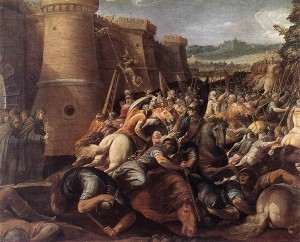

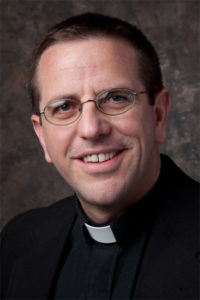 What a delight to talk again with Fr. Christopher Collins S.J., this time about his book
What a delight to talk again with Fr. Christopher Collins S.J., this time about his book 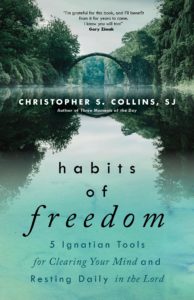
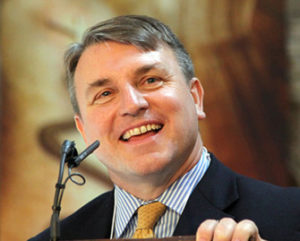
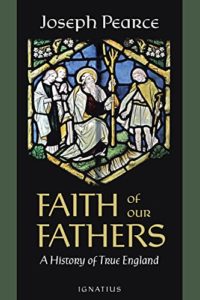
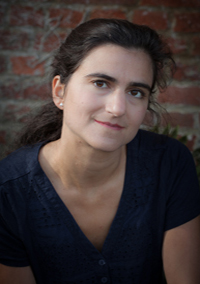
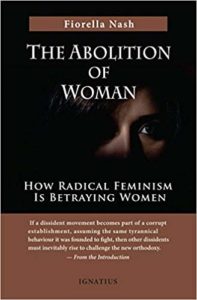

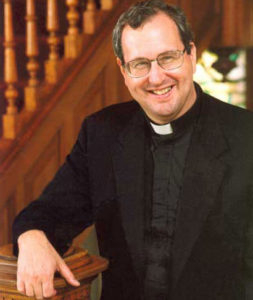
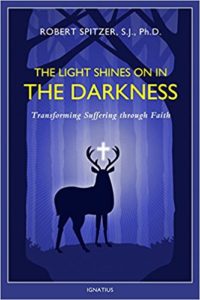
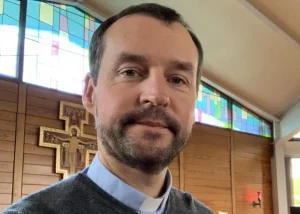 Make Your Home In Me: Reflections on Prayer is a gem of a book and so is the opportunity to talk with its author Fr. Eamonn Bourke. Fr. Timothy Gallagher said it best when asked to review this book – “Do you want to pray? Really to pray? To pray daily? To pray from your heart? Then read this book. Read it slowly; absorb its message, and it will transform your prayer.” We completely agree! We highly recommend you pick up a copy of this small book and let it lead you into deeper prayer.
Make Your Home In Me: Reflections on Prayer is a gem of a book and so is the opportunity to talk with its author Fr. Eamonn Bourke. Fr. Timothy Gallagher said it best when asked to review this book – “Do you want to pray? Really to pray? To pray daily? To pray from your heart? Then read this book. Read it slowly; absorb its message, and it will transform your prayer.” We completely agree! We highly recommend you pick up a copy of this small book and let it lead you into deeper prayer.
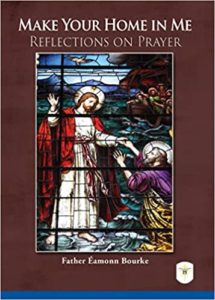

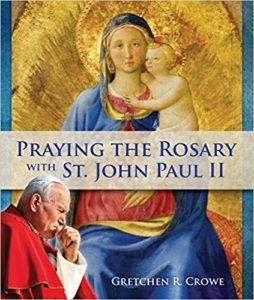
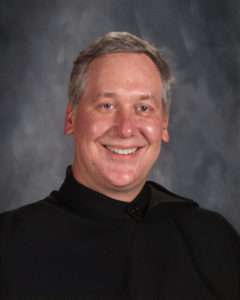 What a delight to discuss with Fr. Cassian Koenemann O.S.B.
What a delight to discuss with Fr. Cassian Koenemann O.S.B. 